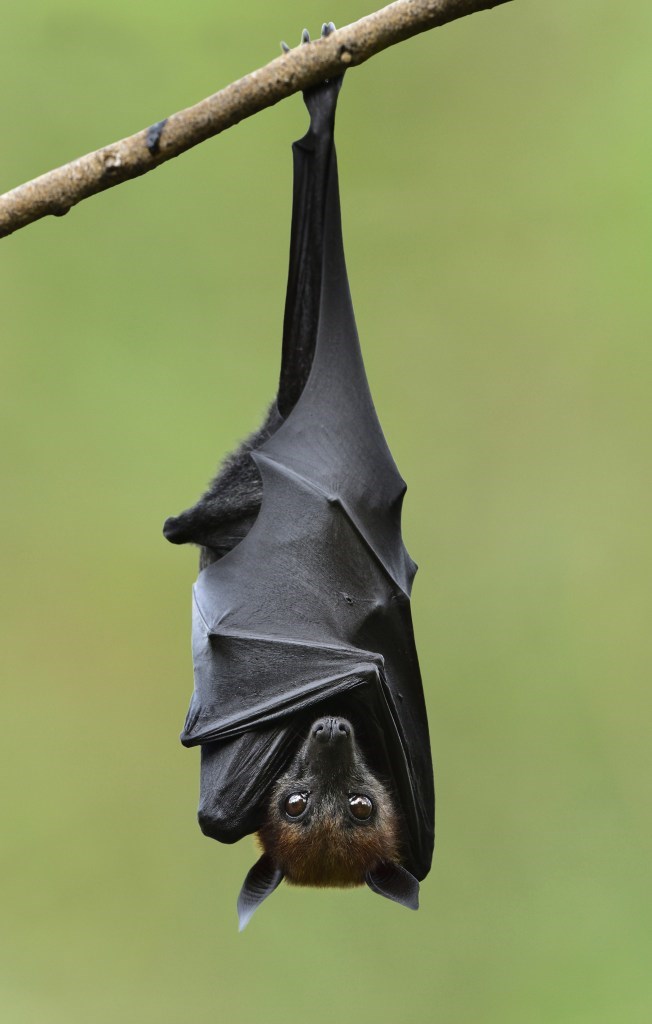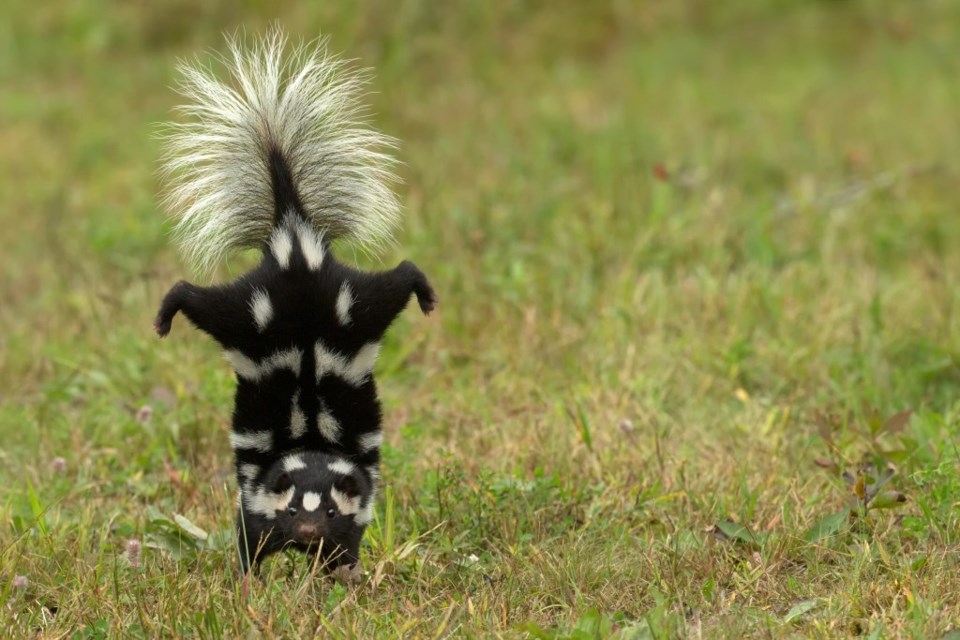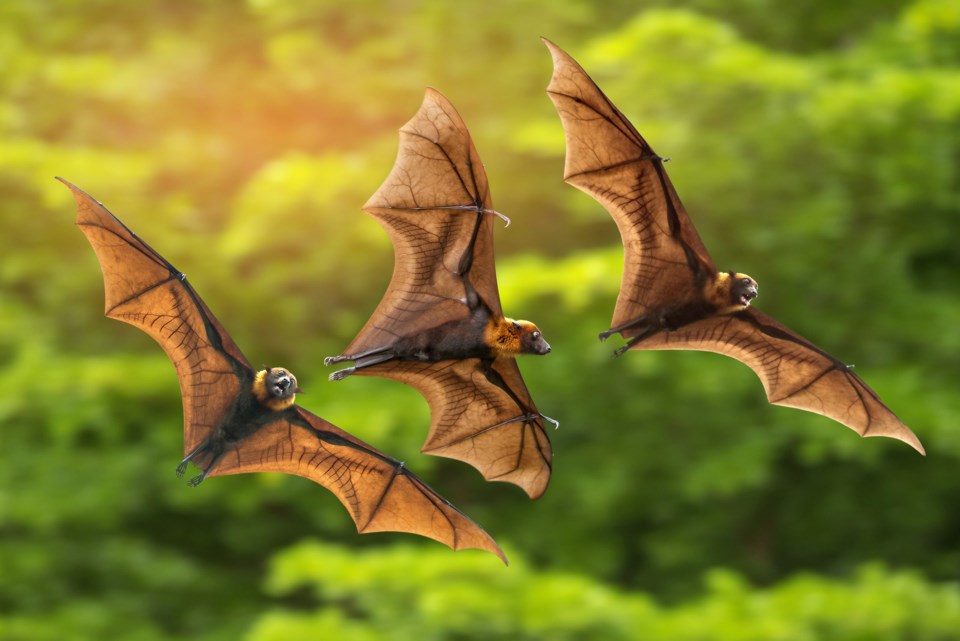The bat was probably flying south for the winter.
Plano is a flyover zone for bats, and they usually hang out here in the spring and summer before heading south for the winter. Red bats and brown ones are more common. No vampire ones — as far as we know — though some could be Mexican Free-tailed bats, which are prevalent in Austin.
“A lot of times when we find them, they are on the ground,” says Jamey Cantrell, the director of Plano Animal Services. “It is not a sign that they’re ill. They are just tired from flying long distances.”
On Monday afternoon, the bat was hanging on a Plano resident’s pant leg when they noticed it. They were leaving home and walking to their car. The last time a Collin County resident had come into contact with one, the bat turned out to be rabid.
By the time Plano Animal Services arrived, the bat was dead. Since it belonged to the high risk category of wildlife known for rabies — which also includes coyotes, foxes, raccoons, and skunks — Animal Services sent it for testing. It tested positive for rabies and a press release was published Wednesday to alert Plano residents.
“In this case, they took it seriously,” Cantrell says. “A lot of people when they are in contact with wildlife say, ‘I’m sure it will be fine.’”
But when it comes to rabies, it is never fine.

Cantrell says the five high risk animals like bats and skunks have a natural reservoir of the rabies virus in them. Each species has a unique strain such as the bat strain, the skunk strain, the fox strain, etc. It spreads via direct contact with saliva, passing from one sick animal to another and eventually to humans if bitten.
Plano city ordinances, along with Texas law, require that you give your pets inoculations as well as subsequent booster shots for the duration of your pet’s life.
“Unfortunately, by the time you can diagnose rabies in a dog, cat, or even in a human, it is pretty much 100 percent fatal,” Cantrell warns. “That is the reason we have such strict rules for quarantine.”
Quarantine lasts 10 days for animals because Cantrell says animals can only pass it within five days before it kills them. If your pet is still alive after 10 days, it isn’t infected.
Not many people have survived rabies without a vaccine. It kills approximately 65,000 people worldwide every year, according to 2016 study published by the U.S. National Library of Medicine.
To help combat the disease, medical staff, Cantrell says, will lower your body temperature and induce a coma, and if you survive, you will probably have to learn to walk and talk again. “There is no cure,” he says. “Preventing it is by far the better route.”
The Plano Animal Shelter, however, does not routinely test wildlife for rabies unless a person or a pet is bitten and the wildlife is one of the five high risk animals.

Thankfully, rabid bats don’t seem to be a huge threat in this part of North Texas. It is mostly skunks spreading rabies and even then only a handful of people are contracting it. In 2018, nine Collin County residents contracted rabies from eight skunks and one bat. Last year was a pretty good year, Cantrell says. Only one person contracted it.
A bat gave it to them.
Cantrell told Local Profile that he wasn’t sure if the Plano resident who noticed the bat on their pant leg was bitten Monday afternoon. “It is really difficult to tell with bats because their teeth are so small,” he says. “So pretty much any sort of contact is an exposure.”
In the Wednesday afternoon press release, Cantrell urged residents to make sure all pet vaccinations are current, especially the rabies one. “There is no way to predict when a pet may come into contact with a wild animal.”
The Plano Animal Shelter hosts low-cost rabies vaccination on the third Friday of every month. The next clinic is this Friday, Sept. 18.
“We urge all pet-owners to take advantage of this opportunity for their pet’s health and the health of their human family,” Cantrell says.
A list of reduced cost vaccination clinics is also posted on the city’s Animal Services webpage.




